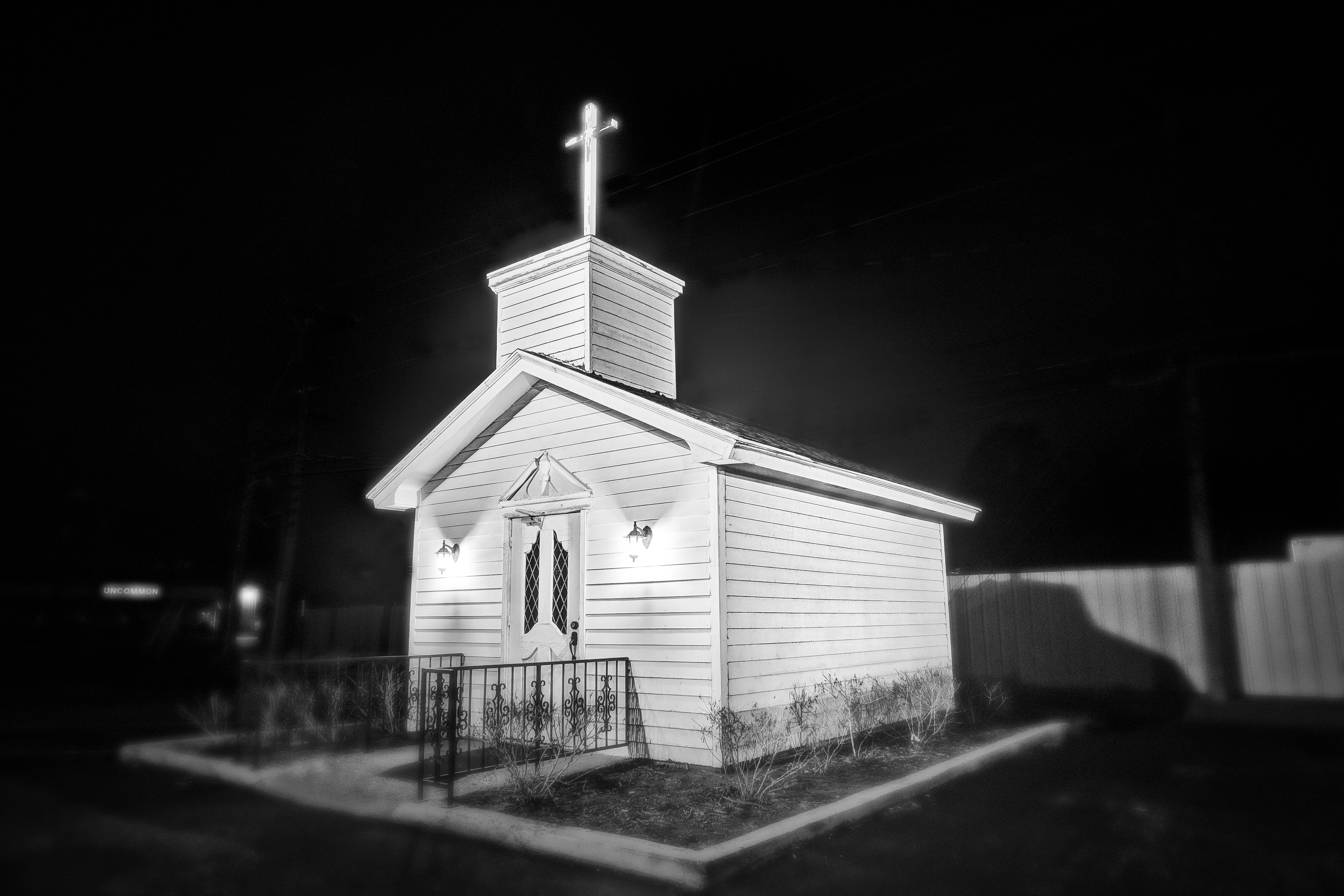 More than 10 years ago, on the Sunday when my husband—newly graduated from seminary—was being ordained as a pastor, a godly older man approached us. “Well,” he said gravely to my husband, “today is the day you marry this church.”
More than 10 years ago, on the Sunday when my husband—newly graduated from seminary—was being ordained as a pastor, a godly older man approached us. “Well,” he said gravely to my husband, “today is the day you marry this church.”
My heart sank. I was ready to be the pastor’s wife. But I wasn’t ready to be the pastor’s other wife.
I’m so thankful I don’t have to be.
Since that day, I’ve often heard the same myth repeated in various forms. Some are meant to encourage: “Thanks for sharing your husband with us. We’re glad he’s the husband of the whole church.” Some are sympathetic: “It must be hard to be married to a guy who’s married to the church.” And some are designed to minimize expectations: “Of course, a pastor’s wife has to realize her husband has two wives, and she can’t expect him to focus much on her.”
Servant, Not a Husband
I’m not sure where this myth comes from, but it isn’t true.
In Scripture the apostles refer to members of the church as their brothers and sisters (Phil. 4:1), their children (1 John 2:1), even their loved ones (Phil. 2:12). They express “abundant love” (2 Cor. 2:4) for the church and a willingness to “spend and be spent” (2 Cor. 12:15) for her. They long to be with her (1 Thess. 2:17), they pray faithfully for her (2 Thess. 1:11–12), and they rejoice when she is flourishing (3 John 1:4).
But they never call the church their wife.
The church is a bride, and she’s going to be married to a man. This is one of the great glories of the gospel. But as Paul makes clear, the church has only one husband. “I feel a divine jealousy for you,” he writes, “since I betrothed you to one husband, to present you as a pure virgin to Christ” (2 Cor. 11:2). One exceptionally fine day, the church will marry the God-man. Her pastor is just the matchmaker.
Three Kinds of Freedom
Pastor’s wife, your husband is not married to the church. And this frees you in three marvelous ways:
1. You are free to expect your husband to be your husband.
Obviously, a pastor’s wife is called to share her husband’s time and energy (just like other wives of men in many other professions). And her cheerful and generous sacrifice—during late-night elders meetings or interrupted family vacations—is precious in Christ’s sight.
But as the pastor’s wife—his only wife—she is also free to expect him to be her loyal husband, fulfilling his responsibilities of service and love to her.
She may unapologetically ask for his time, his physical affection, his material provision, and his prayers. She can expect him to take out the recycling and to take in her struggles. She can expect him to be her friend and to be her lover. This is not only right but good for the congregation, who will see pictured in their marriage the joyful, tender, mutual love of Jesus and his bride.
2. You are free to love your church without resentment.
From Rachel and Leah to Hannah and Peninnah, Scripture shows having two wives never works out very well. The two are rarely at peace with each other; instead, the relationship is characterized by spite, jealousy, and covetousness.
And as long as a pastor’s wife thinks the church is her husband’s other wife, she will find it difficult to love her. In this zero-sum arrangement, every bit of attention her husband pays the church is attention taken from her, every effort for the church’s good is effort subtracted from her own good.
But, thanks be to God, Jesus alone is the church’s husband. Time the pastor spends shepherding the flock is time spent serving Christ. Time the pastor’s wife relinquishes her husband is time spent serving Christ. A pastor’s wife can exchange her date night for someone else’s marriage counseling or her family meal for someone else’s grocery bill because she and her husband are working together toward a mutual goal: the glory of Jesus and the good of his bride.
3. You are free to cast your church on Jesus.
If, on the day of his ordination, my husband had actually married the church, I doubt either of us would be alive today. The responsibility of being married to the church—the necessary demands of making her holy and without blemish (Eph. 5:25–27)—is a task far beyond human ability. No mere man could ever perfect this sometimes-stubborn-and-foolish bride in time for her wedding. The burden (and our weakness) would have crushed us both long ago.
But the truth that Christ alone marries the church, that Christ sanctifies her, that Christ makes her holy frees the pastor’s wife to cast the church not on her husband but on her King. When congregational challenges threaten to overwhelm—the divisions, the pettiness, the ignorance, the rebellion, the spiritual pride, and the spiritual carelessness—the pastor’s wife can take heart. These big sins are problems meant for a big Savior. And the pastor’s wife can bring them all to him.
She can pray for the church, and she can pray with the church, knowing that the bride’s well-being doesn’t ultimately depend on feeble and faltering human effort but on the perfect labor of the only sinless bridegroom, Jesus Christ.
Editors’ note: Don’t miss The Gospel Coalition’s 2016 National Women’s Conference, April 16 to 18 in Indianapolis. Megan Hill will lead a workshop on “When Women Pray Together.” Workshops are filling up fast, so register now.
Is there enough evidence for us to believe the Gospels?
 In an age of faith deconstruction and skepticism about the Bible’s authority, it’s common to hear claims that the Gospels are unreliable propaganda. And if the Gospels are shown to be historically unreliable, the whole foundation of Christianity begins to crumble.
In an age of faith deconstruction and skepticism about the Bible’s authority, it’s common to hear claims that the Gospels are unreliable propaganda. And if the Gospels are shown to be historically unreliable, the whole foundation of Christianity begins to crumble.



































